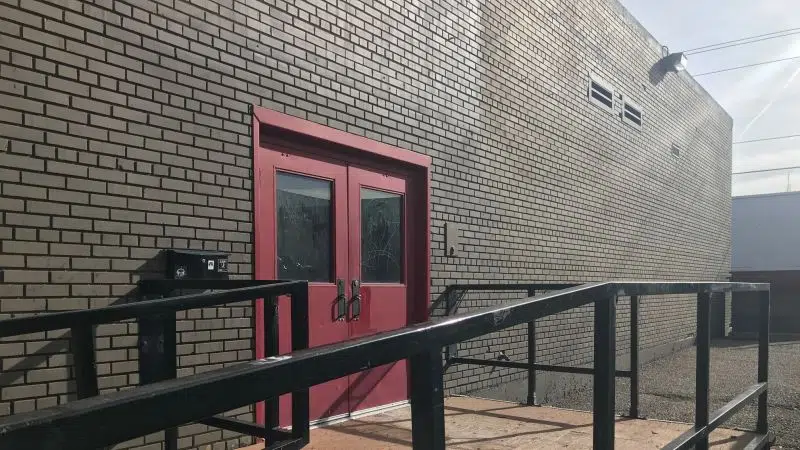
Lethbridge Police “calls for service” statistics don’t tell the whole story according to SCS Executive Director and Mayor
LETHBRIDGE, AB – The information released by Lethbridge Police at the Wednesday evening Police Commission Meeting is not necessarily a complete picture of what’s going on, according to SCS Executive Director Stacey Bourque and Mayor Chris Spearman.
Bourque has seen the statistics presented which indicate calls at the SCS went from just seven prior to the site’s opening, to 424 in the year after. Calls in the surrounding area went from 289 to 1023.
“The number of calls city-wide, not a lot of actual movement, increasing by .15 per cent or, about one call a week, which to me, is an overwhelming indicator that the SCS hasn’t created any crime, just made it more visible. The other thing that came to mind was that the building that we’re currently in, if you’re looking at “Year Zero” numbers, was actually vacant from the beginning of Aug. 2017 til the point that we opened…So, there wouldn’t have been any calls to that location because there was nobody in the building.”
In addition, she says the nightclub that was located in the building prior was only opened two days a week, so the numbers between Year Zero and Year One are “hardly comparable.”
